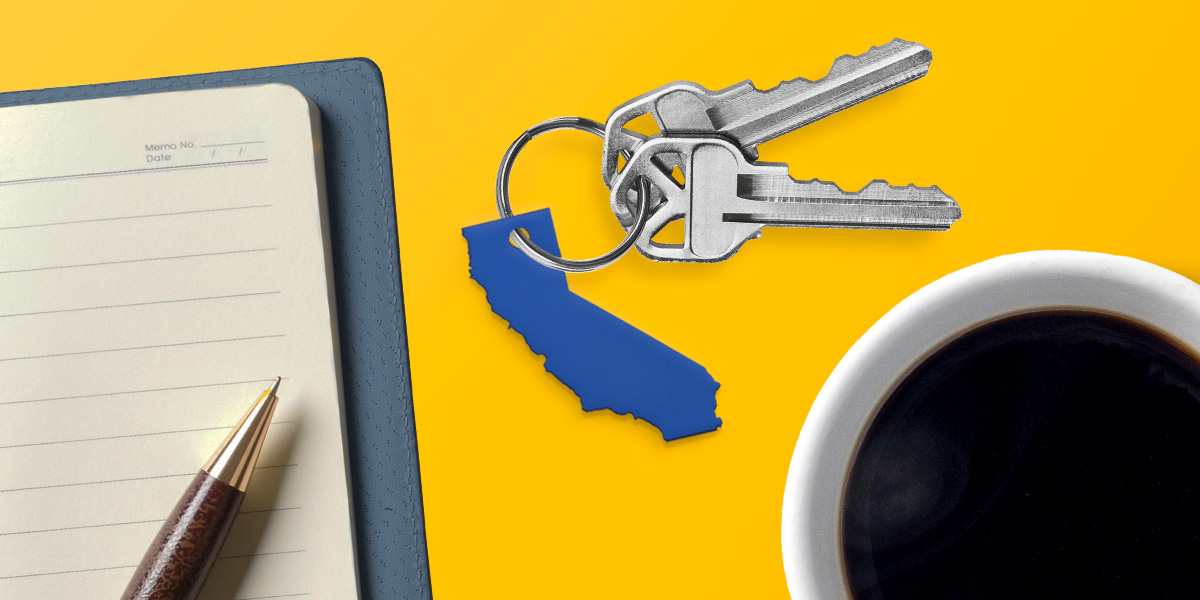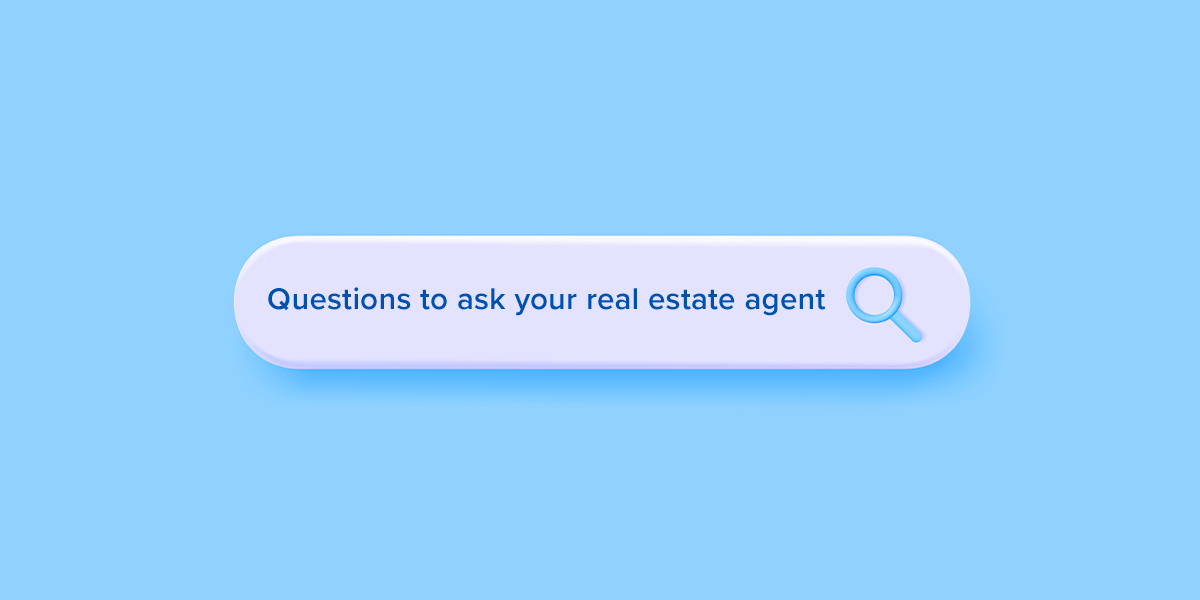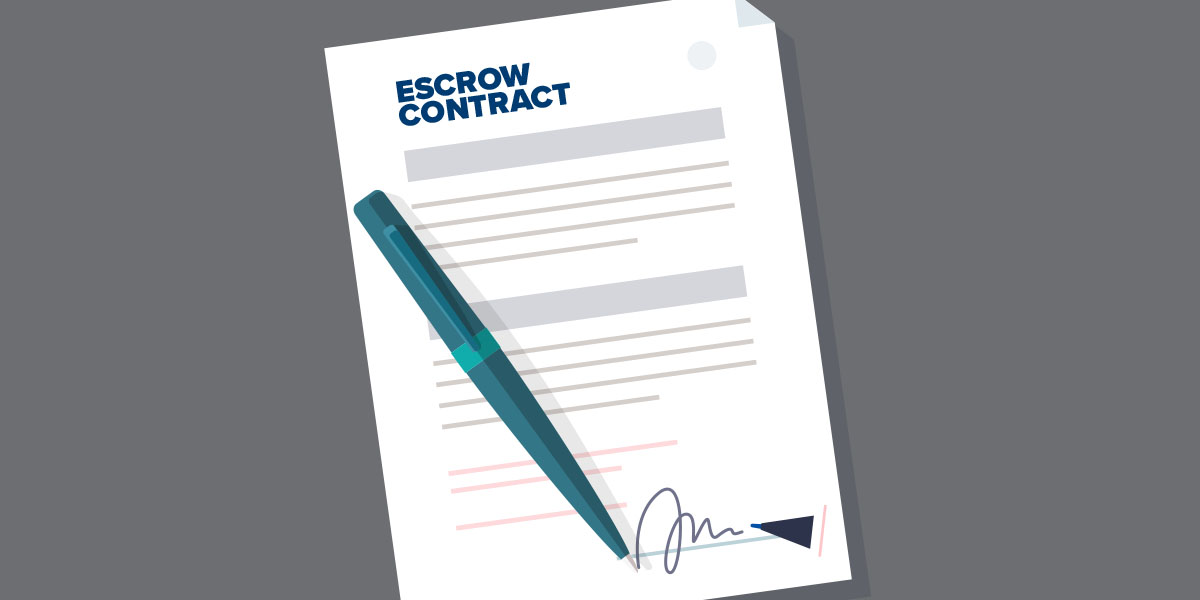-
Personal Banking -
Insights
Homebuying Grants: What You Need to Know
California property values are notoriously high. While that’s good news for current homeowners in the state, it can be a challenge for first-time homebuyers. Thankfully, there are multiple programs in California to help residents buy a home, such as first-time homeowner grants, down payment funds, closing costs assistance and low-interest loans.
Here's some things to know about homebuying grants and programs.
What is a First-Time Homebuyer's Grant?
Government agencies, nonprofit organizations and financial institutions offer multiple incentives to support homeownership. While some of those programs require homeowners to repay the funds or stay in the house for a specific time to have a loan forgiven, first-time home buyer grants provide down payment or closing cost assistance that does not need to be repaid.
For example, City National Bank offers a homebuying grant known as the Ladder Up Home Loan Grant. The program provides up to $20,000 to homebuyers in select markets. Aspiring homeowners can use the grant to help fund their down payment, pay closing costs or buy down their mortgage interest rate.
First-Time Homeownership: State & Federal Programs
Multiple homebuyer payment assistance programs are available from the California Housing Finance Agency, including:
- Low-interest government-backed loans such as the CalHFA FHA Loan program and the CalPLUS FHA loan program, which includes a CalHFA Zero Interest Program (ZIP), a zero-interest loan to pay closing costs. The ZIP loan will be repaid when the home is sold, refinanced or the first mortgage is paid in full. Other loans include CalHFA VA loans, CalHFA USDA loans and the CalVET program with special VA loans.
- Conventional loan programs are also offered by CalHFA with the option of the ZIP program for closing costs.
- The MyHome Assistance Program provides down payment assistance of up to 3% or 3.5% to borrowers in the form of a deferred-payment second loan that is repaid when the home is sold, refinanced or the first mortgage is paid in full.
- The California Dream For All program is for first-time homebuyers who are also first-generation homebuyers whose parents were not homeowners. The shared appreciation program provides up to 20% of the purchase price to qualified buyers, which is repaid along with a portion of the appreciated value when the home is sold or transferred to a new owner.
While the above programs must be repaid, the California Association of Realtors’ Housing Affordability Fund and Neighborhood Partnership Housing Services offer closing cost assistance in the form of a grant of up to $10,000 for qualified borrowers through the Pathway to Home Closing Cost Assistance Grant Program.
In addition, California residents who qualify may have access to the National Homebuyers Fund, which offers up to 5% of a home’s purchase price as a free grant for home purchase or closing cost assistance.
The HomeReady and Home Possible mortgage loan programs from Fannie Mae and Freddie Mac offer a $2,500 credit toward a down payment or closing costs for borrowers with moderate incomes, typically 50% or less of the median income in their area. These programs are designed to help buyers secure an affordable mortgage with reduced fees and no mortgage insurance in many cases.
Eligibility for Home Buyer Grants
Each first-time homebuyer grant program is slightly different and has different requirements. For example, CalHFA defines a first-time homebuyer as someone who does not currently own a home and hasn't owned one within the last three years. Other eligibility requirements may include income limits, a minimum credit score and a maximum home price.
Different programs might have different requirements. Here are a few that you might encounter when looking at your options:
- Be a first-time homebuyer.
- Meet income limitations, often 80% or less the area median income based on household size.
- Purchase a home for a primary residence.
- Buy a house under the maximum price limit.
- Qualify for the mortgage according to mortgage lender standards.
- Take a homebuyer class.
Be certain to check official sources for any grant or program you might be interested in to verify requirements.
Private Lending First-Time Homebuyer Grants
Private financial institutions offer grants to qualified homebuyers, such as City National's Ladder Up Grant. The Ladder Up Grant is open for purchase loans or refinancing, so it is not limited to first-time homebuyers.
A grant of up to $20,000 that may be used for a down payment, closing costs or to buy down your mortgage rate for a 30-year fixed-rate loan and down payments as low as 3%.
Click the following link for important disclosure information: City National mortgages
Other important details for the Ladder Up Grant include:
- No mortgage insurance is required for eligible borrowers.
- Borrowers pay reduced loan fees.
- Borrowers may be eligible for a no-maintenance-fee checking account.
Requirements to qualify for the Ladder Up grant include a minimum credit score of 660, completion of a qualified homebuyer education class and income limits that vary by location and household size. The purchase must be a primary residence of one to four units.
Documentation Required for Home Buyer Grants
Just as with other aspects of homebuying grants, each program might require different documents for qualification.
To apply for a first-time homebuyer grant, you might need:
- Proof of income, such as the two most recent months of pay stubs.
- Proof of assets, such as your two most recent bank statements.
- Tax returns.
- Proof of the completion of a HUD-approved homebuyer education class.
Are Specific Properties Prohibited with a Homebuyer Grant?
While eligibility requirements vary, most first-time homebuyer grants apply to single-family homes, condos and co-ops that will be the borrowers’ primary residence. Buyers might be able to finance a manufactured home with a first-time homebuyer grant, but they should verify eligibility with their program first. Many programs also allow a one-to-four-unit building to be purchased as long as the buyer lives in one of the units.
Property types that often cannot be financed with a first home buyer grant include vacant land or a property that is not suitable to live in year-round.
Tips for a Successful Home-Buying Grant Application
To identify opportunities for a homebuyer grant, you can start with reviewing options that might be available from your state, city or county. You can also explore federal homebuying programs.
Additionally, consider finding a local real estate agent who has experience with helping first-time homebuyers. Doing so provides you with a person who can help you what options might be best for your financial situation and goals.
Check your credit score with a major credit bureau or a financial institution where you have an account to see if you need to improve your credit before you apply.
Take a homeowner education class. Nearly all programs require you to participate in a class to apply for a grant.
Allow yourself plenty of time to apply for a homebuyer grant. It can take weeks to find out if you are approved for funds. Knowing how much grant assistance you have for the down payment, closing costs or a mortgage rate buy-down impacts how much you can spend when buying a home.
Look Out for Home Grant Scams
When researching and applying for grants, be wary of scammers who try to take advantage of hopeful first-time homeowners. Look out for fake websites and be certain that you're using a legitimate source when researching grants and programs. Some scammers will set up fake websites that are designed to steal your personal information.
If you're looking to use a state or federal program, remember that they'll always use websites that end with .gov. Additionally, government entities will never ask you for money to receive a grant.
The Federal Trade Commission (FTC) provides these helpful guidelines to help identify scams:
- The government will never reach out unsolicited about grants.
- Never share your personal information with a person who suddenly contacts you.
- Never pay for a list of government grants and never pay up-front fees.
If you're looking to use a grant or program from a private lender, be certain that the website you're using is the financial institution's actual site. Remember that loan officers will not pressure you into providing information or to apply for a program.
This article is for general information and education only. It is provided as a courtesy to the clients and friends of City National Bank (City National). City National does not warrant that it is accurate or complete. Opinions expressed and estimates or projections given are those of the authors or persons quoted as of the date of the article with no obligation to update or notify of inaccuracy or change. This article may not be reproduced, distributed or further published by any person without the written consent of City National. Please cite source when quoting.
All loans and lines of credit are subject to credit and property review and approval. Loans must be secured by a first lien on a 1-4 family residential dwelling. Additional terms and conditions apply. Not all applicants will qualify. All stated rates, terms and discounts are subject to change without notice.





